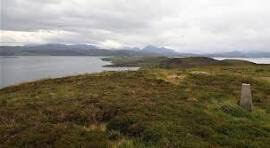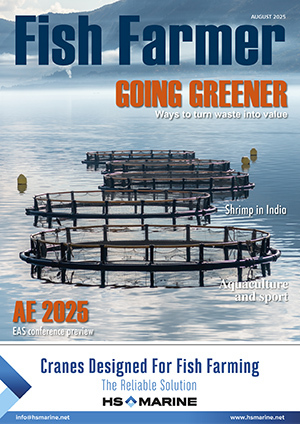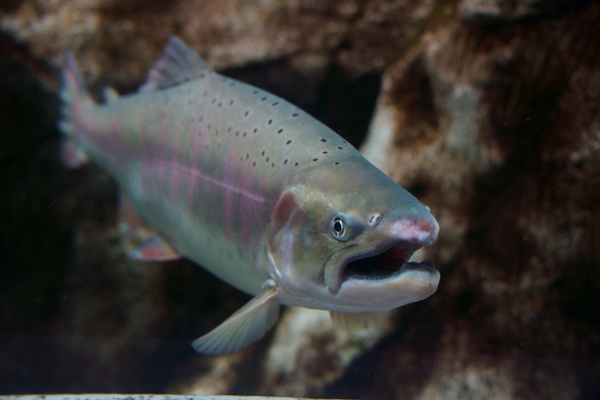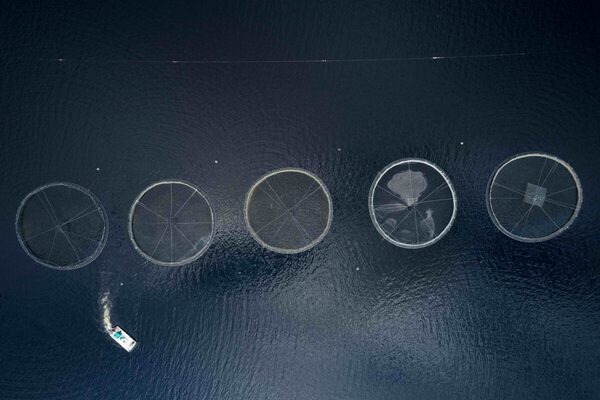Study shows fish farming causes little sea bed damage
Mowi has disclosed that an environmental study of a post closure area in Scotland has shown that the sea bed can quickly recover after fishing farming.

Isle of Ewe
The three year long investigation took place around the former Isle of Ewe fish farm on the north west coast.
The company has said in a new statement that throughout the operational life of fish farms, environmental effects are limited especially when managed by a robust regulatory framework underpinned by environmental standards that ensure the protection of the seabed and biodiversity.
However, until the study, limited information was available on how seabeds respond following the cessation of fish farming operations.
The aim of the probe, which was conducted alongside delivery partners Benthic Solutions and Applied Genomics, and supported by Salmon Scotland, was to assess the environmental condition and trajectory of seabed recovery following the closure of the Loch Ewe fish farm.
The project included monitoring seabed samples, habitat mapping, and an eDNA analysis covering a much bigger biodiversity profile.
Mowi said: “Over three years, the project concluded that the seabed can and will recover quickly. In 2020, 67% of the samples met the conditions for ‘Good Ecological’ status. In 2021, this percentage increased to 80%; in 2022, it increased to 93%; and in 2023, 100% of the samples met the conditions for ‘Good Ecological’ status.”
Reflecting on the results, Connie Fairburn, Senior Environmental Analyst at Mowi Scotland said: “There are many misconceptions about the environmental impact of the aquaculture industry.
However, this project provides solid evidence that sea beds can recover upon cessation of fish farming operations.”
Why not try these links to see what our Fish Farmer AI can tell you.
(Please note this is an experimental service)
Field Service Engineer - Scale Aquaculture UK Limited
Fort William, Oban, Inverness£35,000 to £40,000 per annum
Hygiene Operative - Night - Bakkafrost Scotland Limited
Cairndow£30,763.95 per annum
Modern Apprentice: Able Seafarer - Bakkafrost Scotland Limited
Cairndow£20,000 to £30,000 per annum
Senior Marine Operative - Bakkafrost Scotland Limited
HS3 3AE£45,374.20 per annum
Farm Technician (Ardintoul) - Mowi Scotland
Skye & Lochalsh£28,258 to £31,648 per annum




